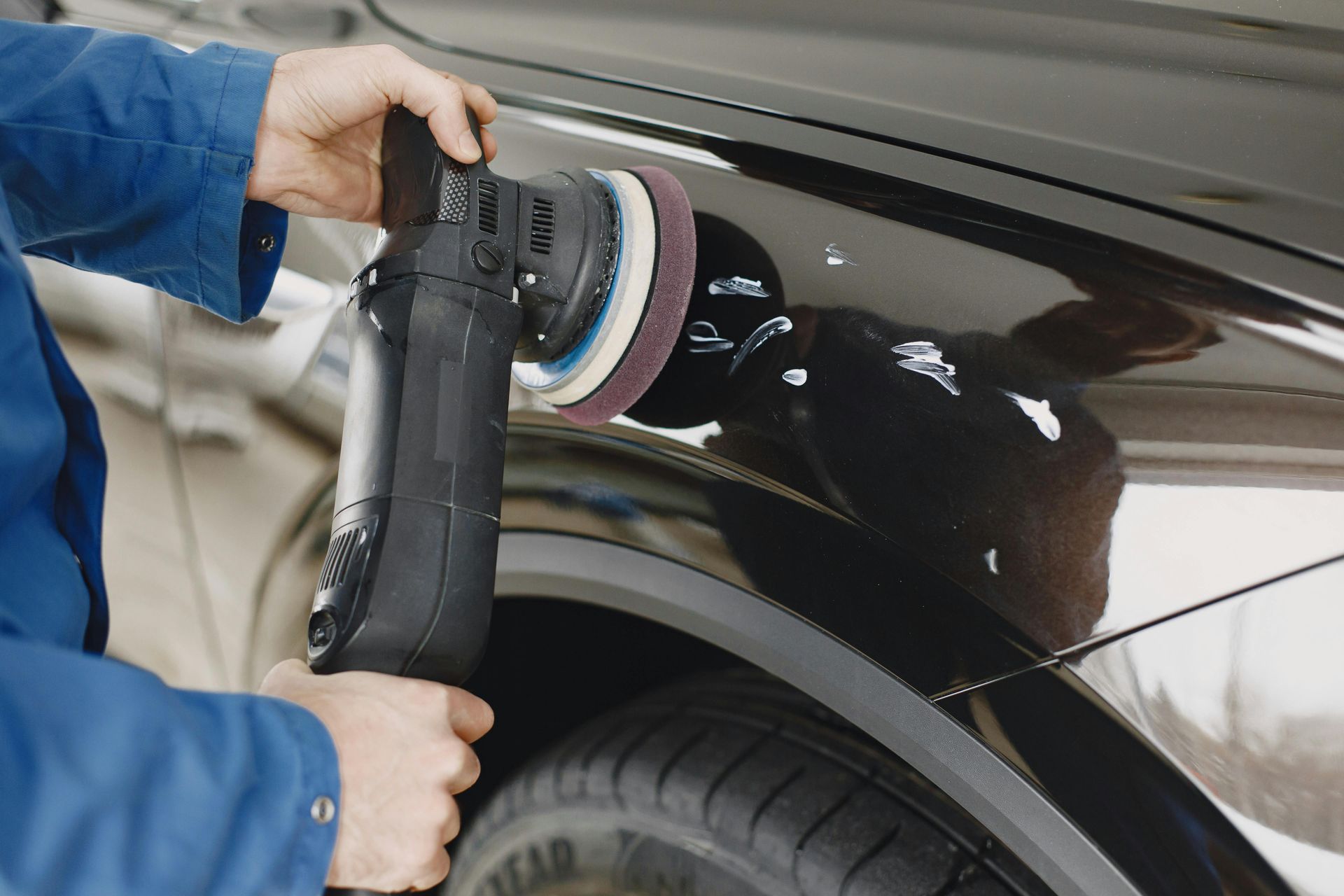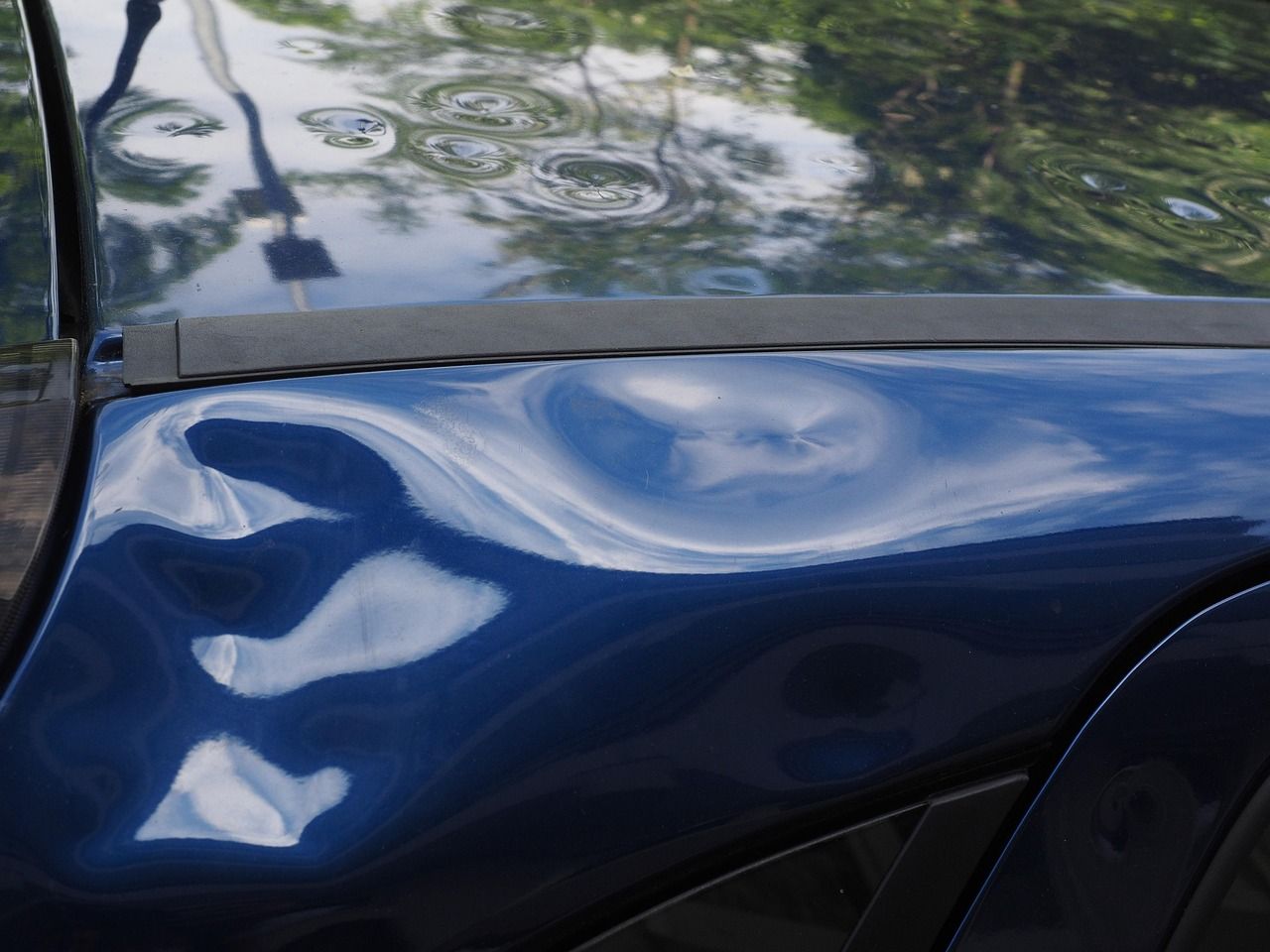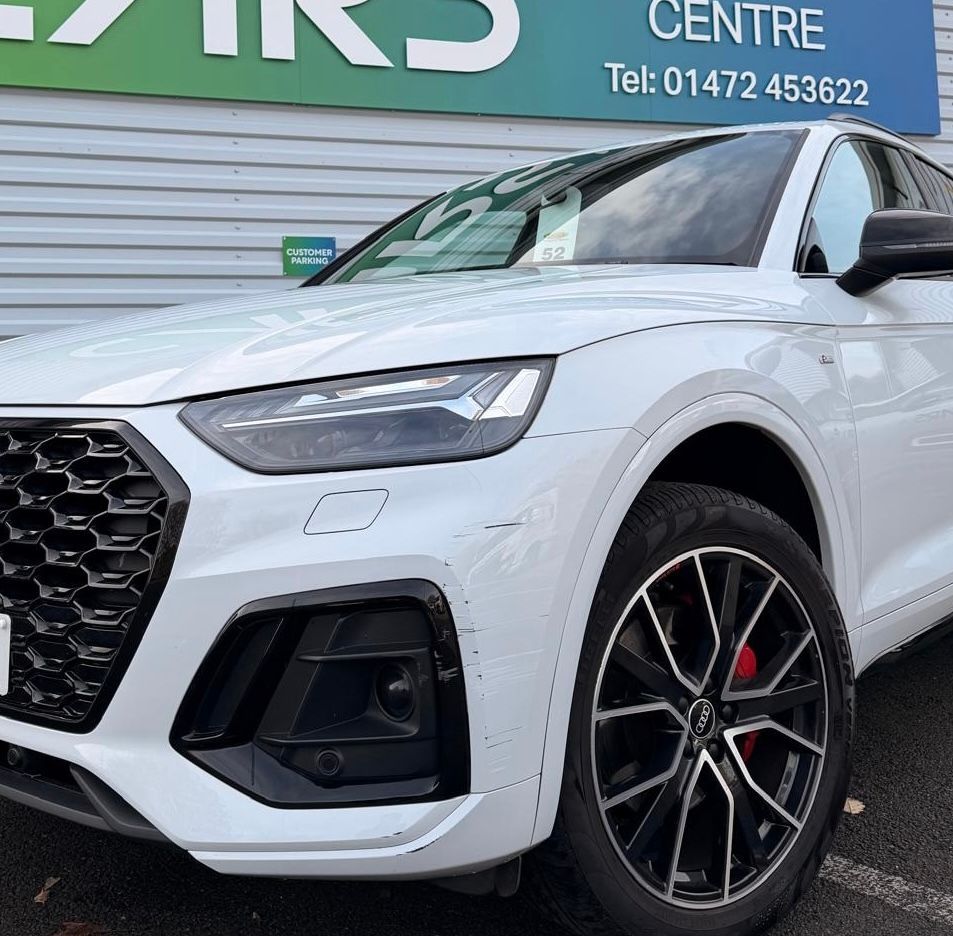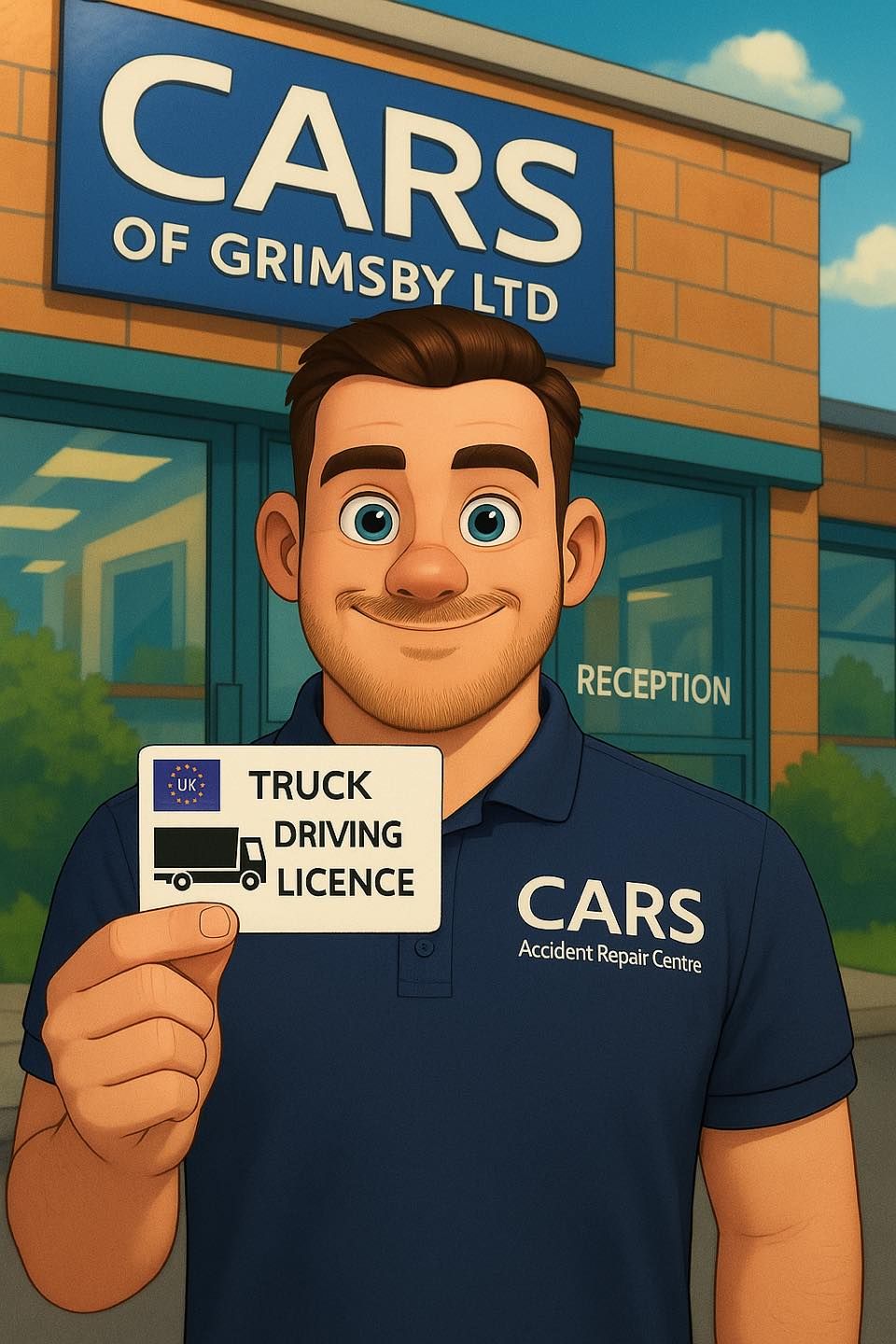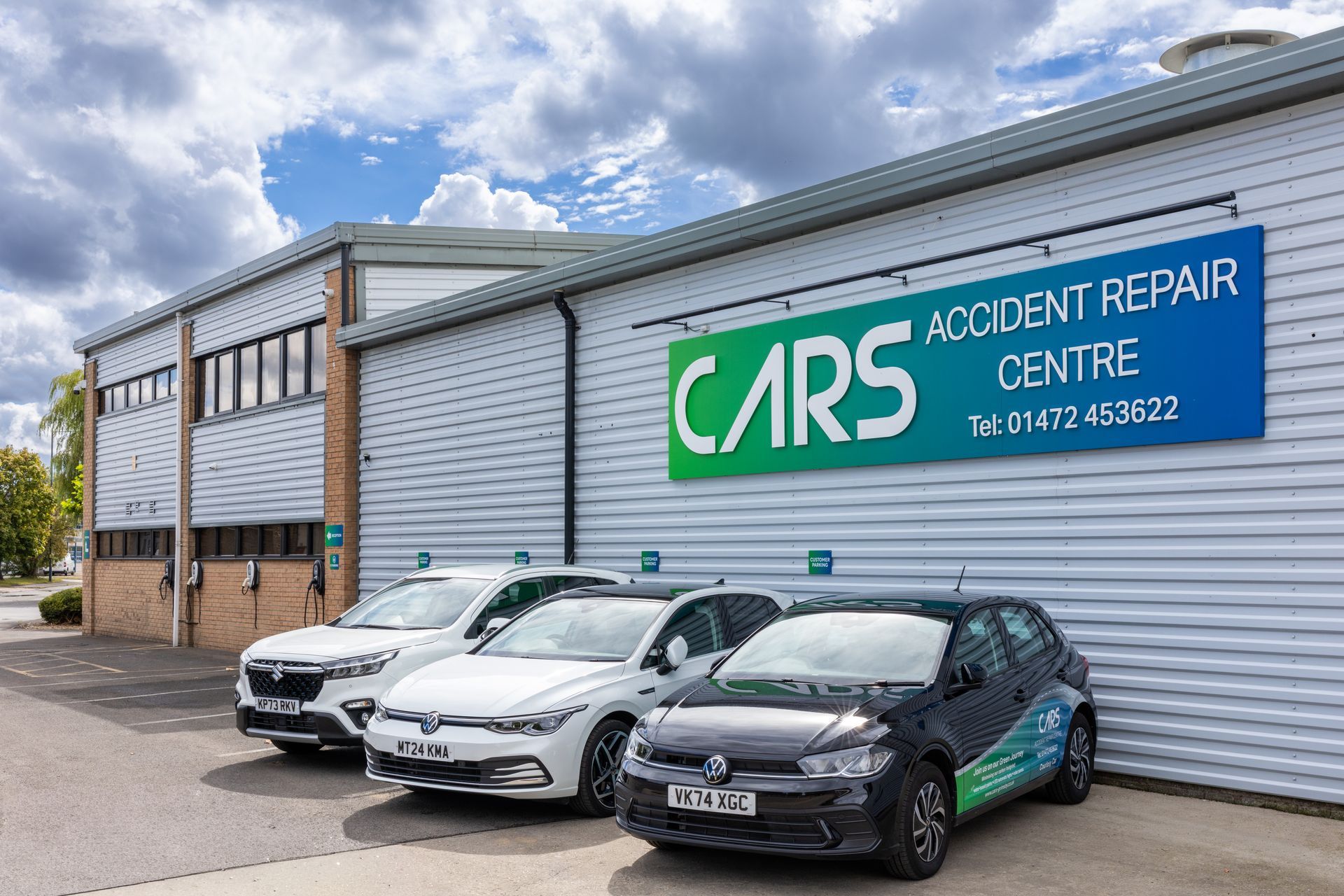How much does it cost to run a car?
Along with the overall increase in the cost of living, the costs of running a car are also on the rise. In this blog, we provide an overview of the things you should consider when working out how much it costs to run a car over time.
Service & MOT costs
We advise booking your vehicle in for an annual service and MOT to ensure it remains safe and road-worthy. Whilst a service is not technically a legal requirement, it will help to maintain your car and flag up any minor issues before they turn into larger, more expensive problems.
Fuel costs
While the cost of fuel may vary around the country and dependent on the brand, there are other variables to consider when estimating your fuel cost. You should consider the estimated fuel consumption of your vehicle and the fuel type (petrol or diesel).
Tax
The amount of tax charged is dependent on the age of the vehicle and in some cases, the level of CO2 produced. There may also be an additional charge payable for cars with an initial list price of more than £40,000. There are several resources online to check the exact rate of tax payable for your vehicle.
Insurance
Ultimately, the cost for your insurance will be calculated based on the insurance classification for your vehicle, and the level of cover chosen. We always recommend using a local broker to ensure you choose an insurer and policy suited to your individual circumstances. You can also read our blogs ‘How do I choose the right insurance company for me?’, ‘What car insurance should I buy?’ and ‘What should I look out for when purchasing car insurance?’ for further information.
Depreciation
Whilst not technically a running cost, you should also consider the loss in value over time when estimating how much your car will cost you. Whilst most cars will depreciate over time, you can minimise this loss by keeping a record of all servicing, dealing with minor issues prior to them becoming extensive problems, cleaning your car on a regular basis and keeping the mileage low where possible.
Finance
If you need to borrow money to buy a vehicle, for example via a finance arrangement, you should consider the interest and other fees associated with the repayment method.
Miscellaneous Costs
We also recommend budgeting for any miscellaneous costs where possible. For example, if parts on your car start to show signs of wear and require replacement, this will usually be an additional cost. Please remember that if you’re involved an accident and need to make a claim on your car insurance, we have various excess support options available to help our customers.
If you’ve been involved in an accident, have damage on your vehicle or just have a general query, don’t hesitate to get in touch!


